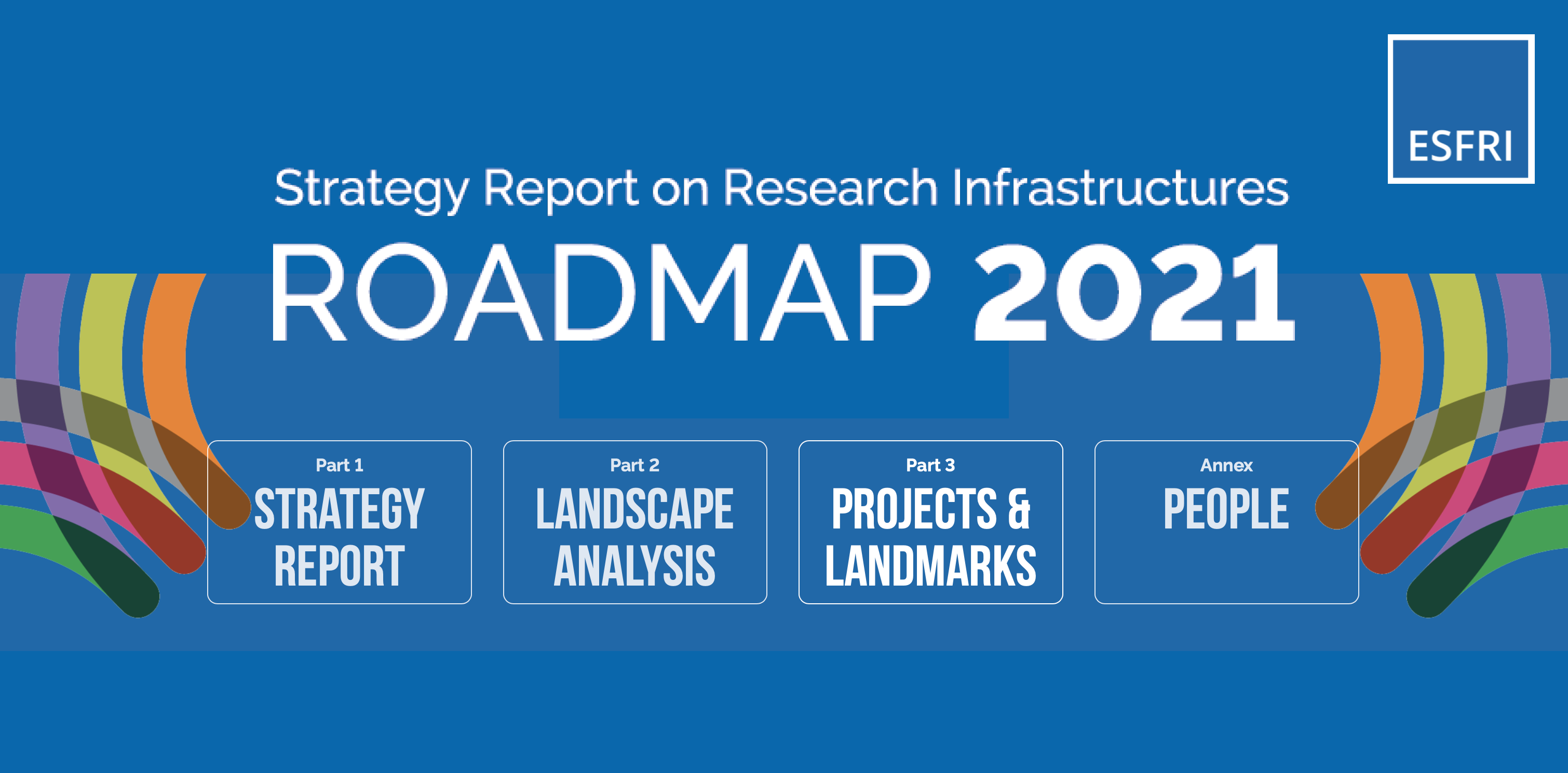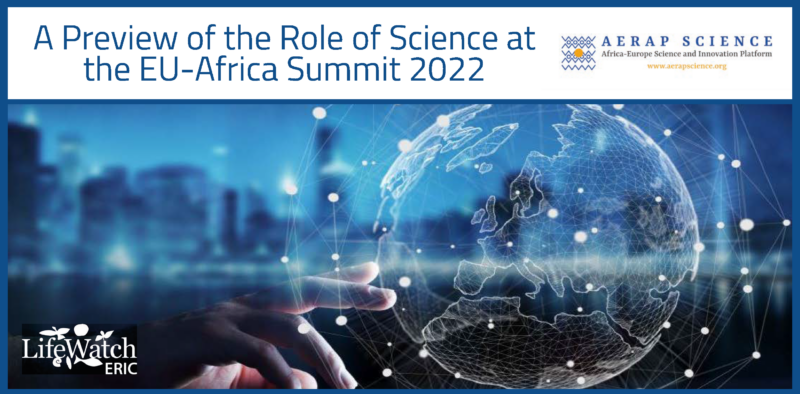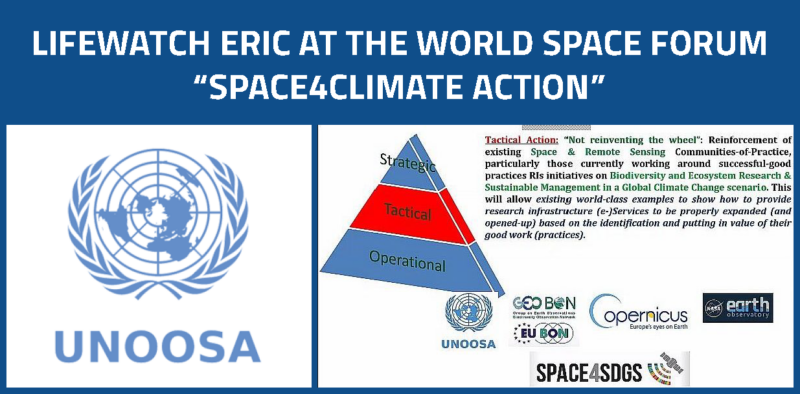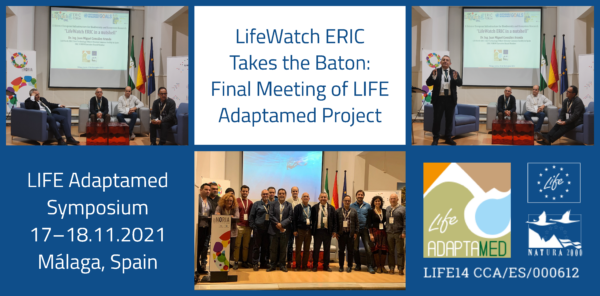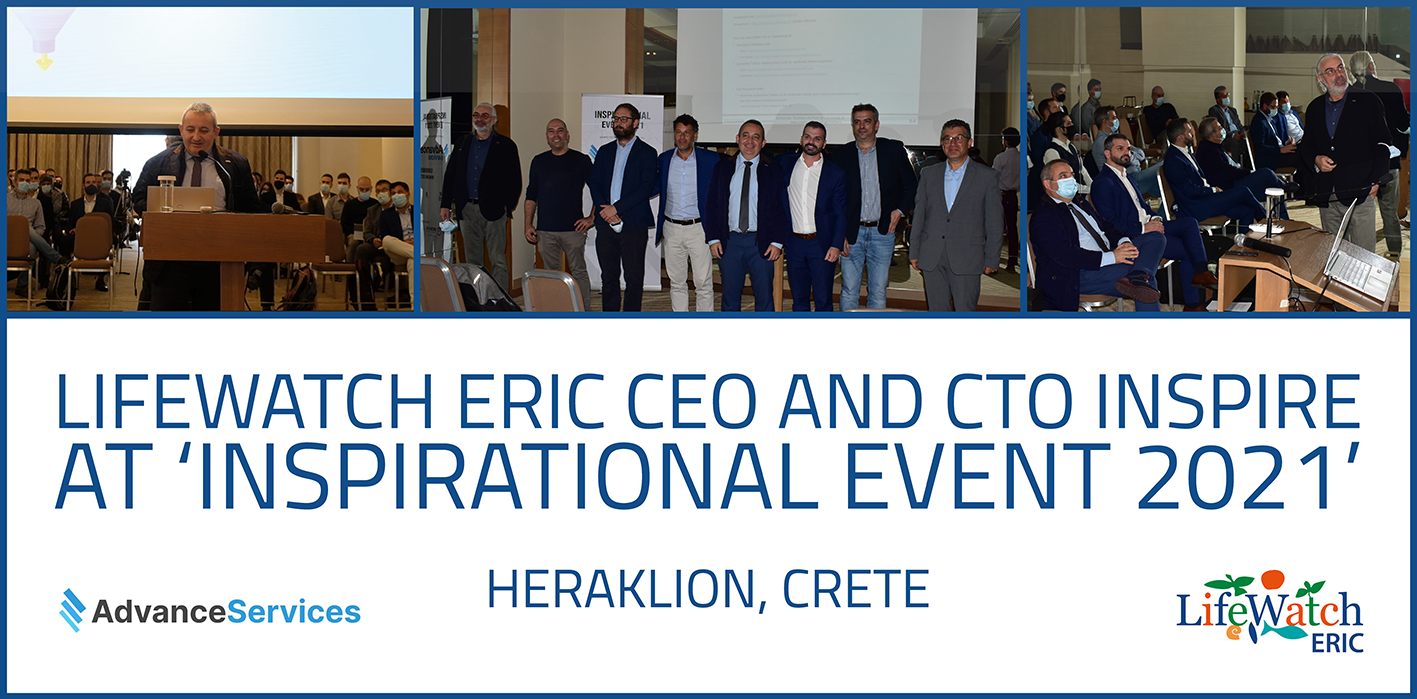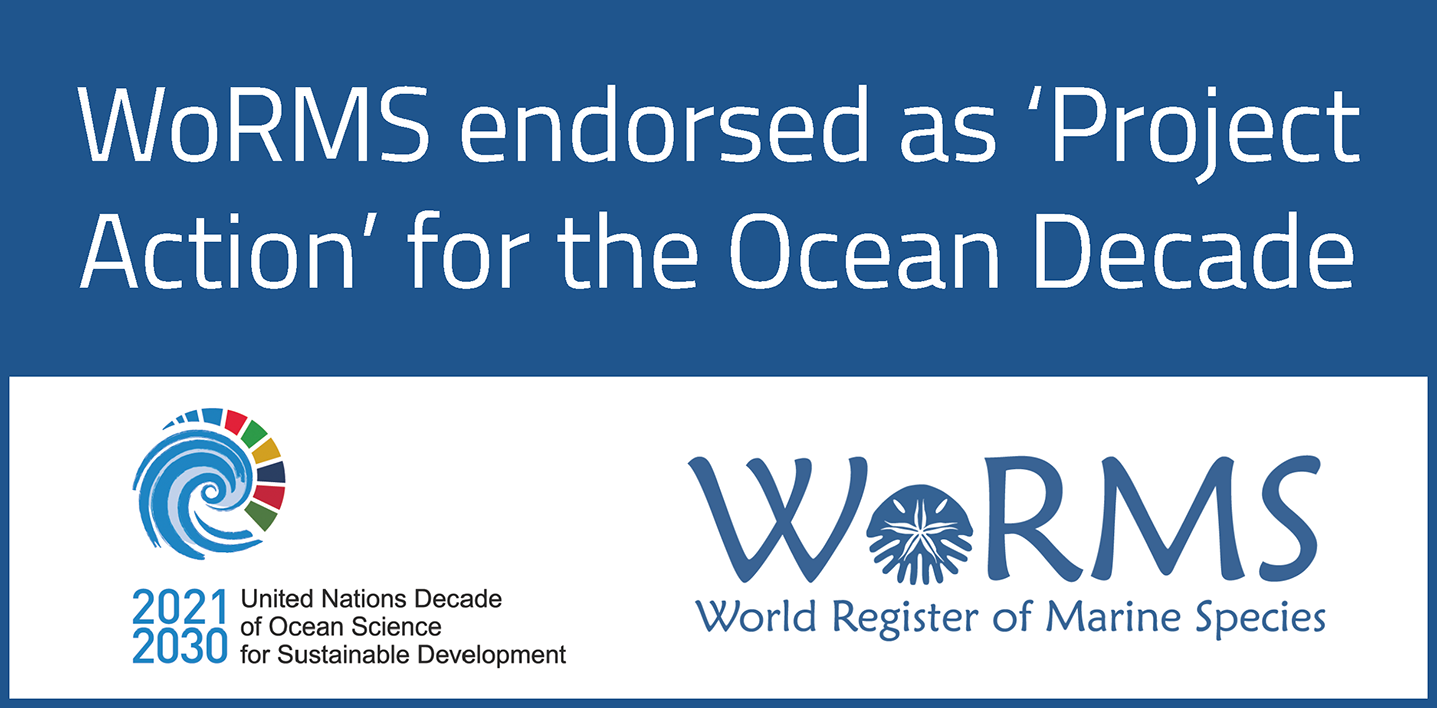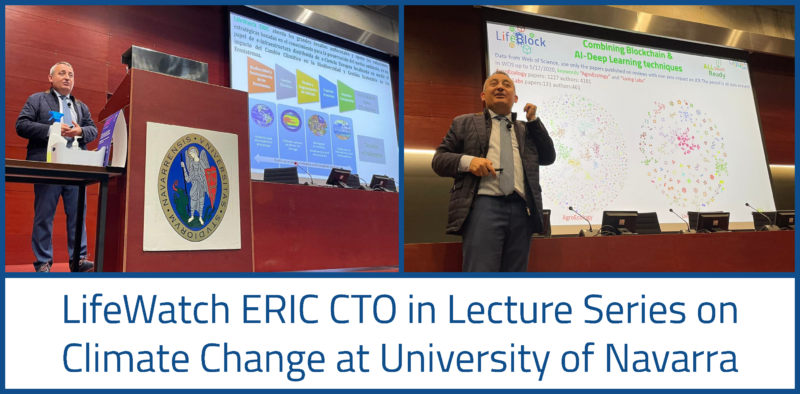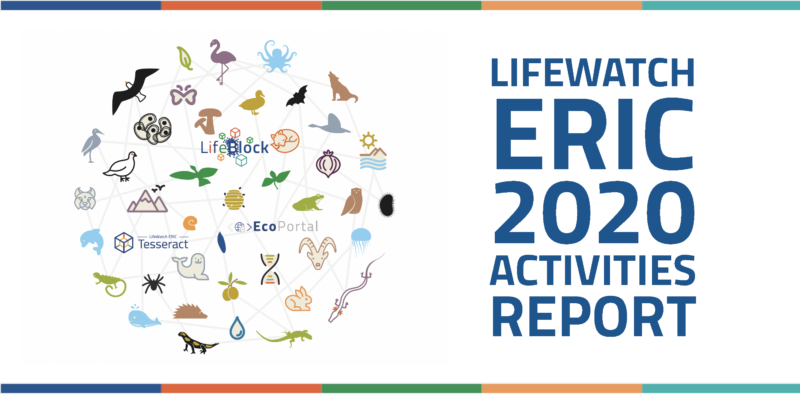Learn more aboiut EVRI hub
Road to a FAIR ENVRI-Hub: Designing and Developing Data Services for End Users organized by ENVRI-FAIR project and LifeWatch ERIC in Lecce Italy from the 10th to the 15th of July 2022 and the ENVRI Community International Summer School respond to the need of the research community to have a common understanding on data. 20 students coming from different area of knowledge participated to the training event: IT architects, Research Infrastructure (RI) service developers and user support staff, as well as RI staff. Eager to share data honestly and understand the value of having data interoperability they worked together in the training event for implementing a scientific data center to learn more about data, metadata, ontology, labelling, vocabulary with the purposed of exchanging database.
FAIRness and data management is a priority in the framework of Research Infrastructures and this unique opportunity of training has been highly appreciated by the trainers that had the opportunity to to make research better and reproducibile and stimulating and accelerating research. What do researchers share honestly will be support with FAIRness principles and beyond
Information taken from the ESFRI website.